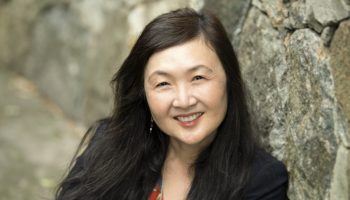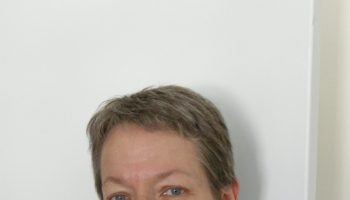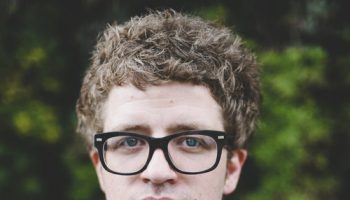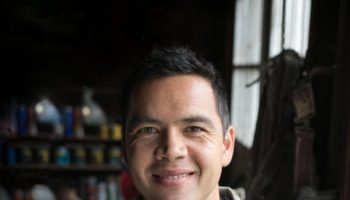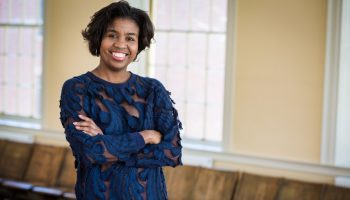The Chautauqua Writers’ Center this week will delve into the past and the present.
Week Four’s workshops include Robert Ostrom’s “Writing as a Practice for Living” and Valerie Boyd’s “Writing History: Making Research Come Alive While Staying True.”
Both writers will read from their works at 3:30 p.m. Sunday, July 15, in the Hall of Philosophy.
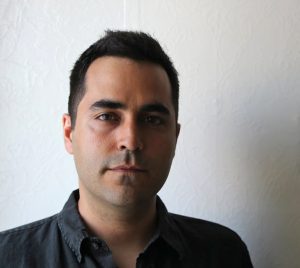
Ostrom’s class takes inspiration from poets such as William Blake and Emily Dickinson to explore writing as a way to understand one’s selfhood. The class will include a variety of generative exercises to understand poetry as a tool for enrichment, such as “the museum scavenger hunt” in which students have to speak to art or imagine what would happen if the frames could talk.
“I’m trying to create activities … that will get people to interact with the everyday,” Ostrom said, “and sort of explore how we can use poetry and writing poetry as a way to make our lives better and be more present in the world.”
Ostrom teaches at the New York City College of Technology and Columbia University, and has authored Ritual and Bit and The Youngest Butcher in Illinois. He also won the Center for Books Arts Poetry Chapbook Competition for his work, To Show the Living.
Over his career, Ostrom has found more reason to practice mindfulness alongside writing poetry.
“I was questioning whether or not I was still writing from a place of necessity and honesty. … It can be easy to start to think a little bit too much about audience, so I really wanted to try to do something that kind of brought me back to the reasons I started writing in the first place,” Ostrom said.
This involved “forcing” himself to write without thinking about audience, which he said is a somewhat impossible task. This did give him a space and license to freestyle and follow where the writing took him.
His writing ended up leading him to his forthcoming book, which explores his childhood growing up in a very religious household. He found this mindful approach to poetry was one of the ways he sifted through those experiences.
“(That’s the) nice thing about poetry: we all have access to the language,” Ostrom said. “It’s kind of a really nice and beautiful thing. … It’s fun for me to be able to show students the associative power of language and words, and how you can have fun with that.”
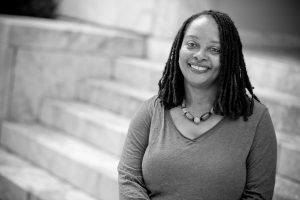
Boyd’s workshop will look at historical research as a vehicle for narrative writing.
“The idea behind the workshop is to really give people a sense of how to research and write about historical topics, but in a way that keeps readers engaged,” Boyd said.
Boyd writes narrative nonfiction and teaches at the University of Georgia. She authored the biography Wrapped in Rainbows: The Life of Zora Neale Hurston and is the editor of the upcoming Gathering Blossoms Under Fire: The Journals of Alice Walker.
“For me, digging into the history, digging into the archives, is really pleasurable work,” Boyd said. “It’s wonderful to see these undiscovered stories in the archives, but my commitment is bringing those stories alive to modern readers in a way that shows them the relevance of these stories to our lives today.”
In her workshop, Boyd will discuss tools inspired by fiction writers and novelists that can be used to write true stories in an engaging and creative way that “keeps readers turning the pages.”
“It’s storytelling while maintaining delity to the facts,” Boyd said.
Storytelling in the nonfiction field is not too different from its fictitious counterpart. Boyd said these storytelling techniques include metaphor, character development and imagery.
In writing scenes, she often tells her students to imagine the setting and characters being set in a movie.
“There’s a saying that truth is stranger than fiction,”Boyd said. “But I think there’s another saying: Truth is stronger than fiction.”
Making these historic accounts come alive is one of the reasons Boyd loves narrative nonfiction writing.
“I’m a history buff,” she said, “but I’m a history buff because there were a lot of people, especially unsung voices, voices of women, voices of people of color, in our history that haven’t gotten as much play as they deserve and that have important lessons to teach us about our nation and about ourselves.”

